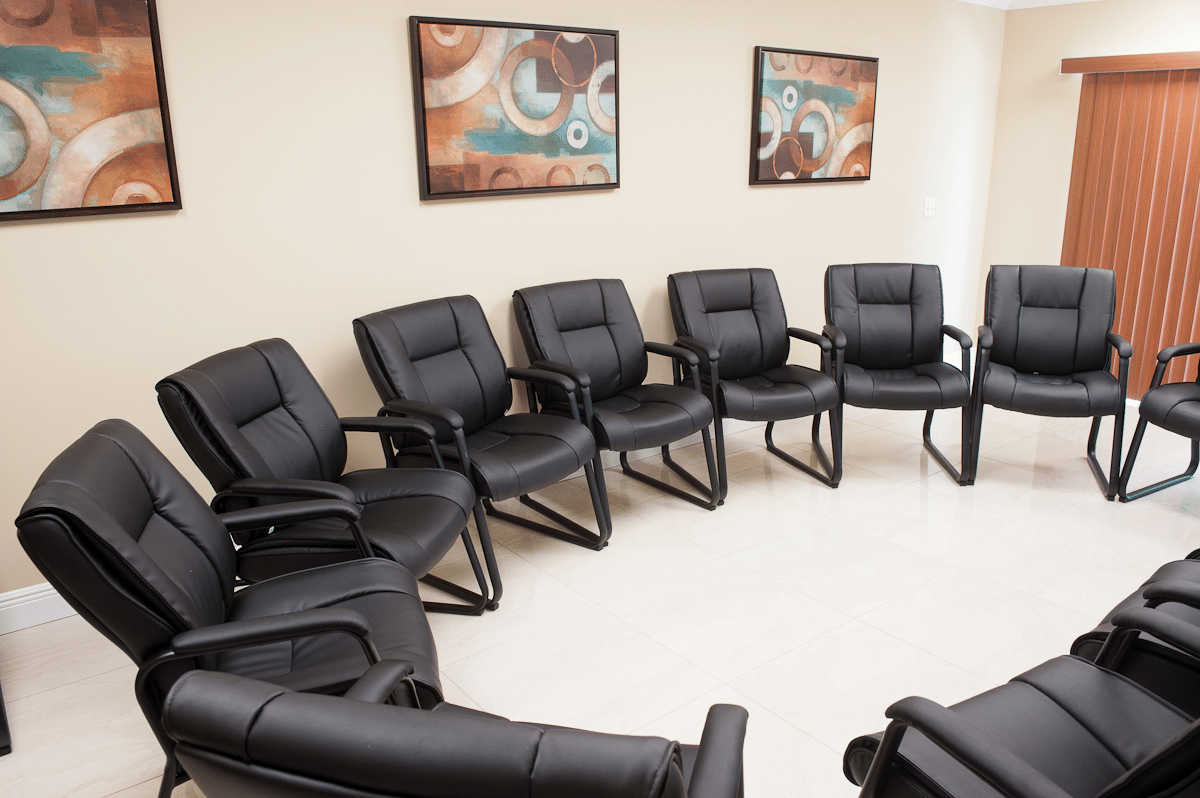
There is a common misconception that once someone stops abusing a substance, their recovery is over. However, nothing could be further from the truth, and often the journey to sobriety is just beginning.
Detoxification is the first of many steps on the road to recovery. It is crucial to get connected with a trained individual substance abuse counselor as soon as possible to enhance the chances of a lasting recovery. Recovery is truly a life-long process, and one of the most useful steps someone can take is committing to a professionally supervised individual counseling program.
The Benefits of Individual Therapy During Recovery
Most modern therapies can be executed in individual or group settings. However, a holistic approach to addiction recovery should encompass both individual and group options. The social and accountability aspects of group therapy are absolutely essential to a healthy recovery, but the importance of individual therapy and the therapeutic relationship cannot be overstated.
Statistics show that a patient who trusts and confides in his or her therapist is significantly more likely to achieve sobriety and avoid relapse. This relationship provides the person with someone who:
In addition, individual therapy provides the confidential space necessary to express some of the hurt and pain behind the addiction. Individual therapy options also provide more one-on-one time with a licensed trained professional who has your back and is providing a personal path to recovery.
What Might Individual Therapy Consist of?
Individual therapy can prove especially helpful when a patient is dealing with two or more co-occurring disorders such as substance use disorders and depression. This allows for a personalized approach to whatever various disorders someone is suffering from.
In general, individual therapy provides a private, confidential, relational, and professional treatment option. Specifically, though, a licensed mental health counselor (LMHC) may use various proven therapeutic methods such as Dialectical Behavior Therapy (DBT), Contingency Management Therapy, or Motivational Interviewing. Because addiction or mental health issues can be so destructive on family units, couples or family therapy options can also be extremely effective.
Individual Therapy vs Group Therapy
Often individuals will see the best results with a combination of both individual and group therapy. There are, however, different circumstances where one or the other might be preferred.
While basically any type of therapy is better than no therapy, group therapy often proves the most effective for substance use treatment. In group sessions, a patient is more likely to be challenged (although this can be difficult) and held accountable for behaviors.
Studies show the positive power of peer pressure can be an overwhelming encouragement in recovery. Individual therapies have proven more successful with mental health disorders such as depression or anxiety. This setting allows a patient the confidentiality and safety that a group setting might not.
In addition to traditional group therapy, twelve-step programs such as Narcotics or Alcoholics Anonymous are proven peer support groups. While they can be an extremely useful part of a recovery regimen, they are often led by former addicts and not trained counselors, and thus are not the same as traditional group therapy.
As noted above, individual therapy can be especially potent when a patient suffers from co-occurring conditions.
Successful Use of Individual Therapy for Co-occurring Disorders
In the past, treatment for addiction would often be separated from mental health treatment. Care would be delivered in separate facilities by uniquely trained therapists specializing in addiction OR mental health.
As a result, many people who suffered from both addiction and a mental illness such as depression, borderline personality disorder or schizophrenia would only receive treatment for one but not both. Conversely, many addicts would successfully receive treatment for their addiction but not the underlying mental health based causes.
Thankfully, that mindset is a thing of the past and most treatment centers view co-occurring disorders as a unique field with unique treatment. Statistics show that the majority of addicts are also dealing with some kind of underlying mental health disorder. Specialized treatment in co-occurring conditions may be the only thing keeping these patients from homelessness, relapse or collapse.
Treatment for co-occurring disorders is often most successful in an individual setting. Here, trained professionals can address both the addictive or destructive behaviors and the underlying mental health condition.

Experience the Behavioral Health Difference Today!
Are you or someone you love ready to embark on your journey to recovery? Let our trained and licensed mental health professionals help you. Our extensive track record with individual substance abuse counseling is second to none, and we are ready to invite you into the family. Don’t let stigma or fear of failure keep you from changing your life. Contact us today!






